History
By the grace of God, a bare-bones operation providing overnight shelter to a handful of homeless men has blossomed into a fully staffed, well-appointed campus providing trauma-specific services that helps adults and families overcome homelessness permanently.
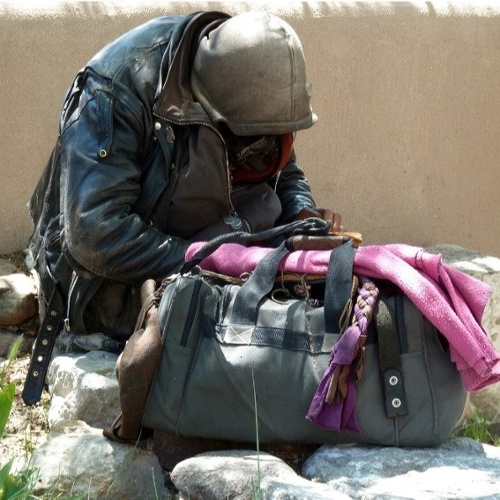
The Need
In 2009, local churches and nonprofits were struggling to find help for the large number of homeless people in Greenwood. A group of concerned citizens formed a Homelessness Think Tank that began to explore the local challenge presented by homelessness and its associated problems. By February of 2010, the Think Tank had developed options for a homeless project in Greenwood and started working to make it a reality.
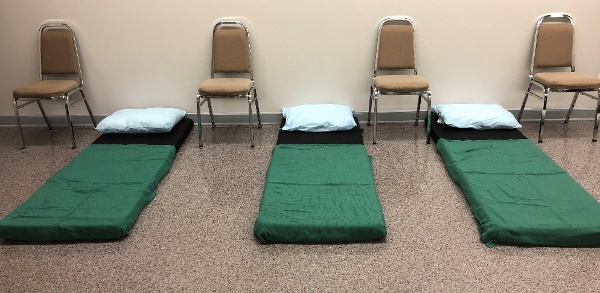
Cold Weather Shelter
In November of 2010, St. Mark United Methodist Church assembled about 170 volunteers and opened a cold weather shelter for men. In November of 2011, Main Street United Methodist Church opened its doors to provide cold weather shelter for women and children. Both of these shelters operated from November to March on any night the temperature dropped below 40 degrees.
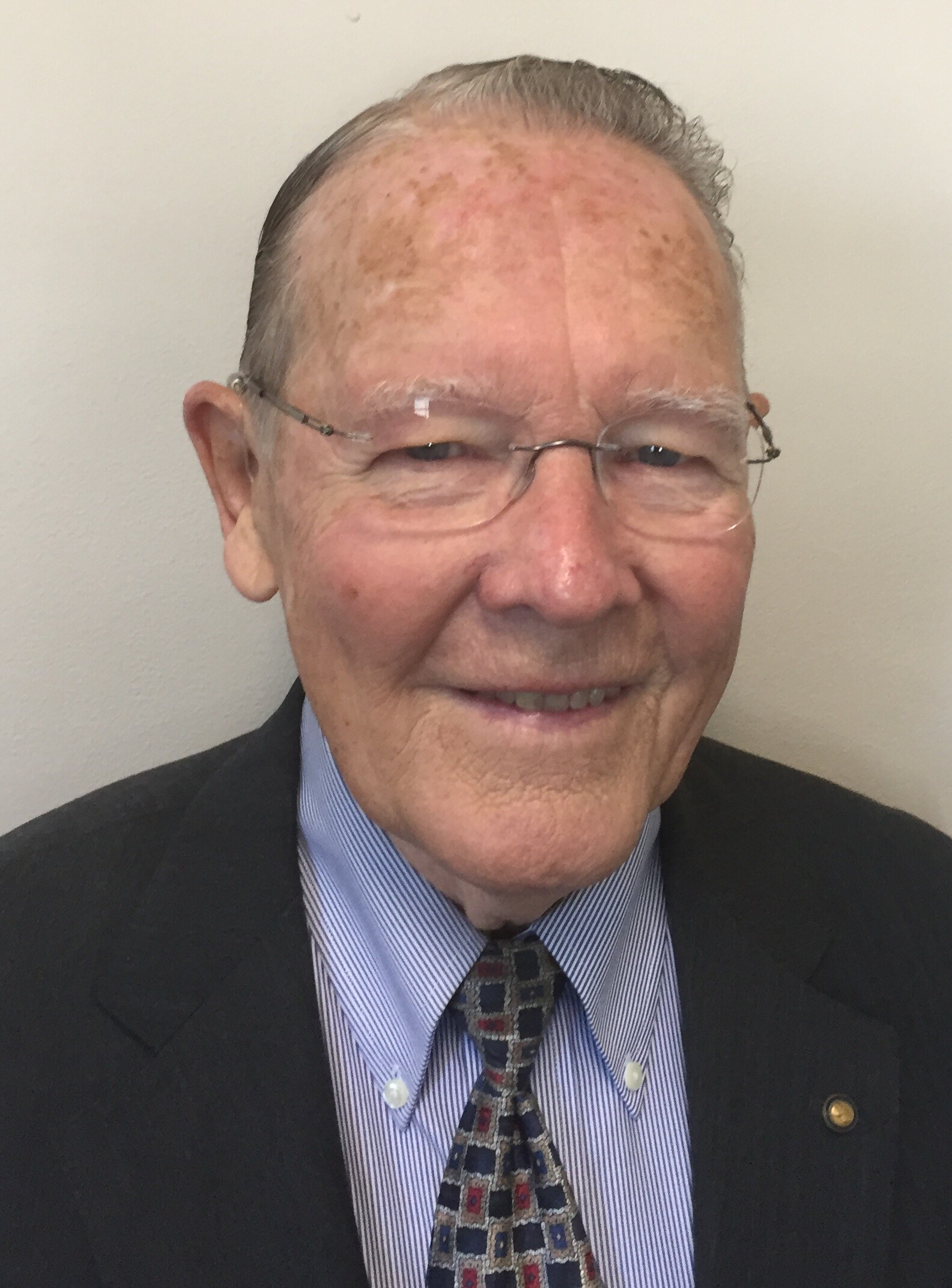
Incorporation
In March of 2011, Greenwood Pathway House, Inc. was incorporated as a nonprofit and in June of 2011, the ministry received its 501c3 designation. Under the leadership of Dr. Jack Parham, the ministry quickly began to take shape. The Board of Directors supervised the continued operation of the cold weather shelters while building their new nonprofit and working to find a permanent building for the shelter.
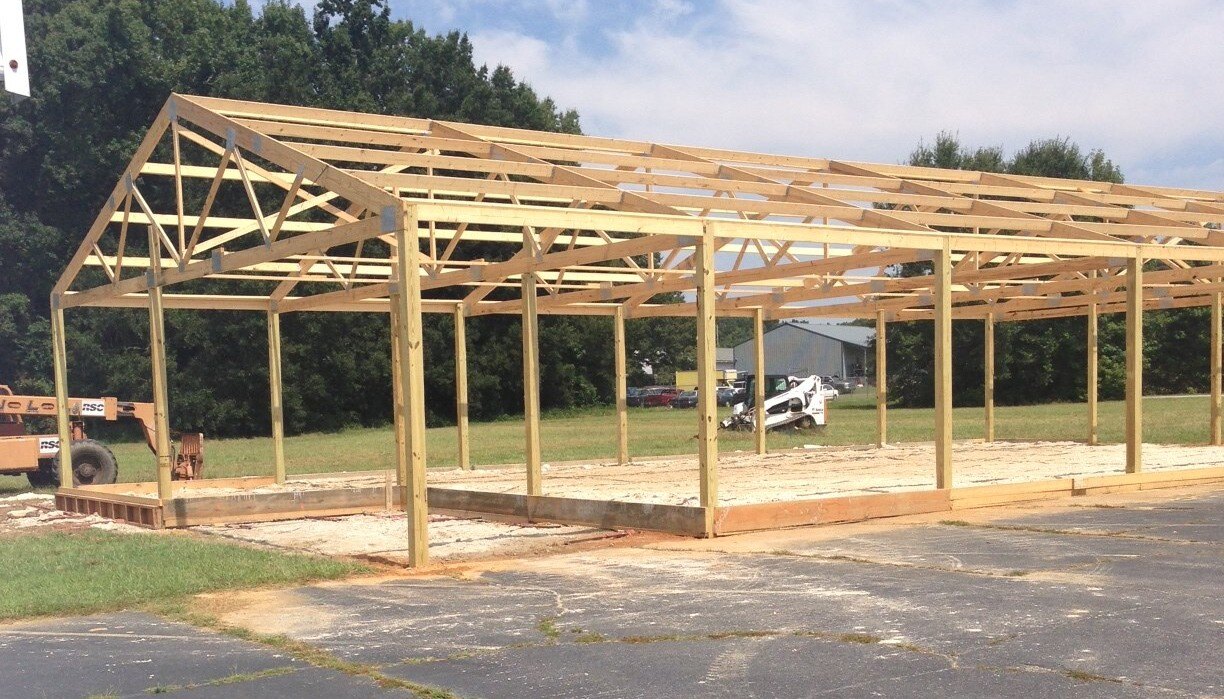
Pathway Campus
In July of 2012, Pathway purchased part of the Abney Memorial Baptist Church campus and renovated it to become the new cold weather shelter for men. Construction started on a woodworking shop and the Furnishing A Future program was opened in April of 2014. These two buildings became the cornerstone of the Pathway Campus.
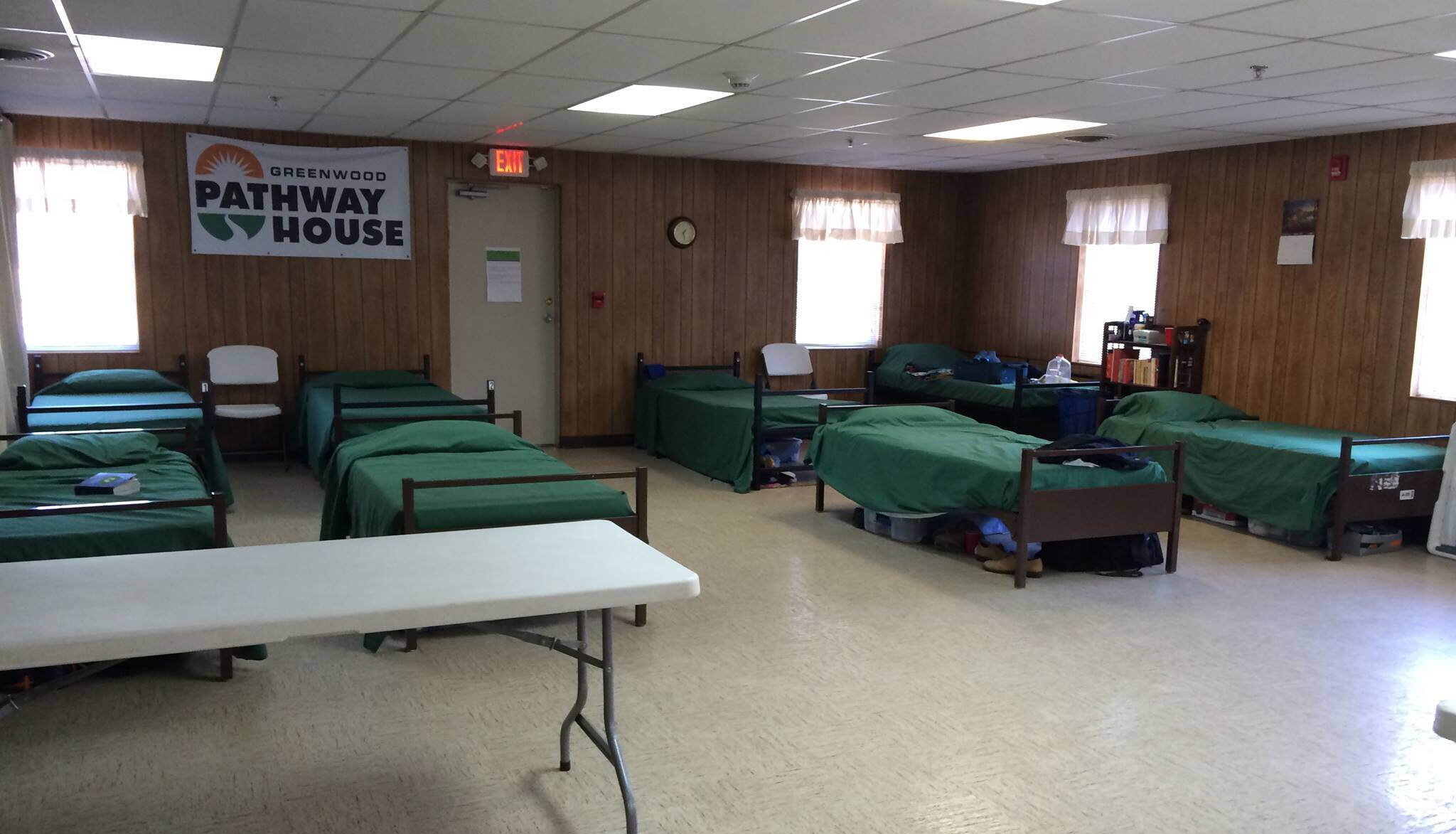
Full-Time Shelter
In July of 2014, Pathway hired their first Executive Director. The ministry transitioned that month into a more comprehensive shelter offering 24-hour services to men 365 days a year. The full-time shelter provided for the needs of eight men living on campus and had mats to provide additional cold weather shelter in the winter.
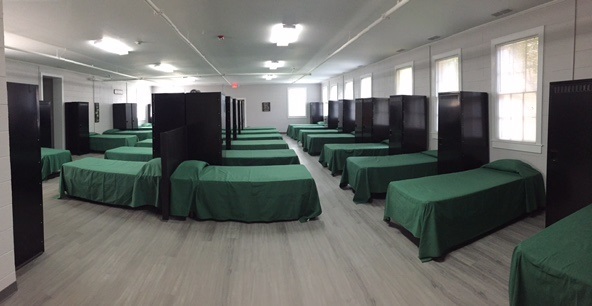
Men's Building
In May of 2015, Pathway purchased the remainder of the Abney Memorial Baptist Church campus to expand their ability to help more people. Renovations started on the education wing of the church building in September of 2015 and the new dormitory for men was opened in June of 2016. The church building also provided offices, a meeting room, and a worship center for the clients.
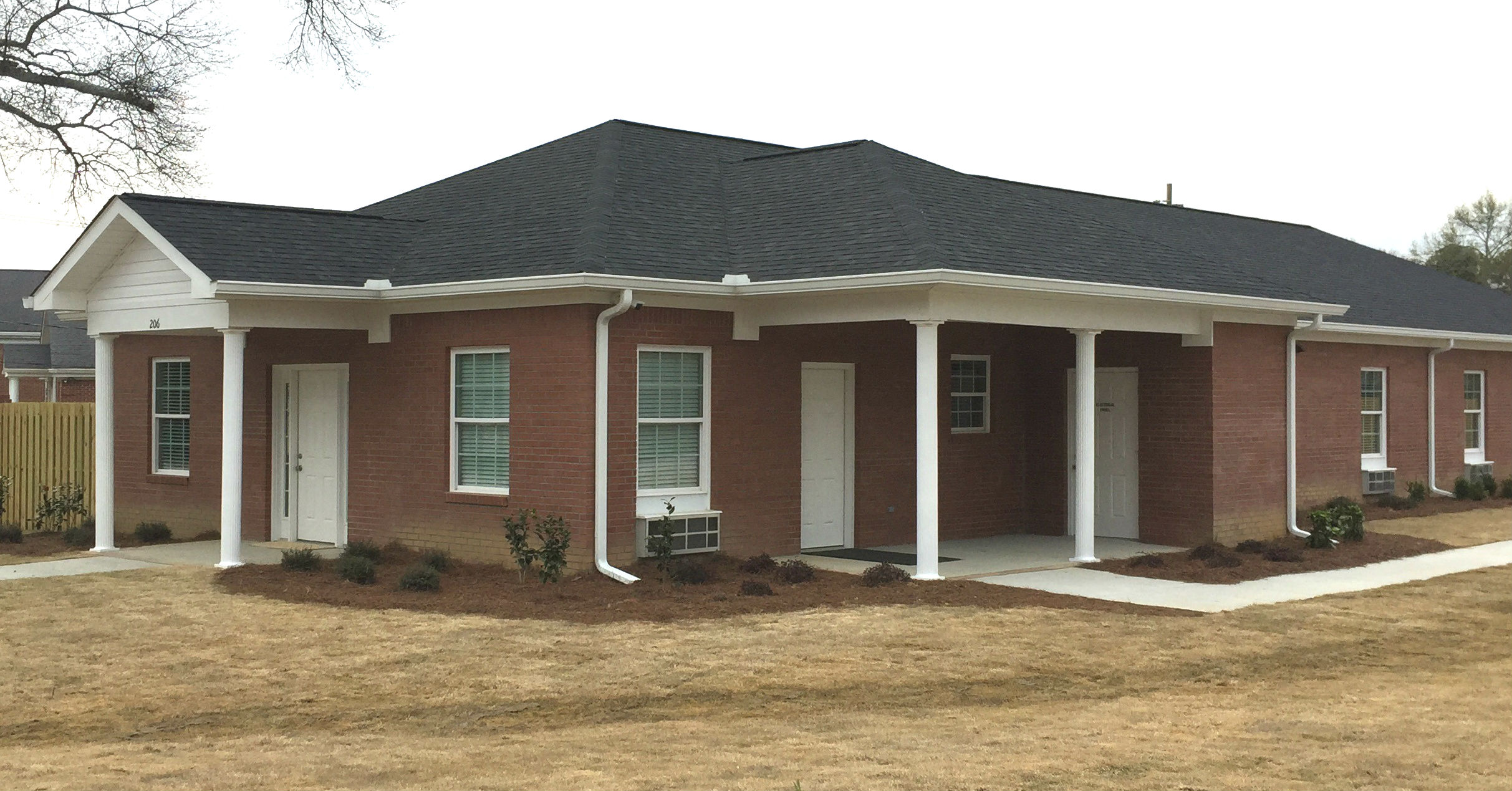
Women's Building
In November of 2016, the focus shifted to the unmet needs of homeless women. A new building to help women and mothers with children opened in April of 2017. The building provided semi-private rooms with showers, laundry facilities, and a common area for meals and classes.
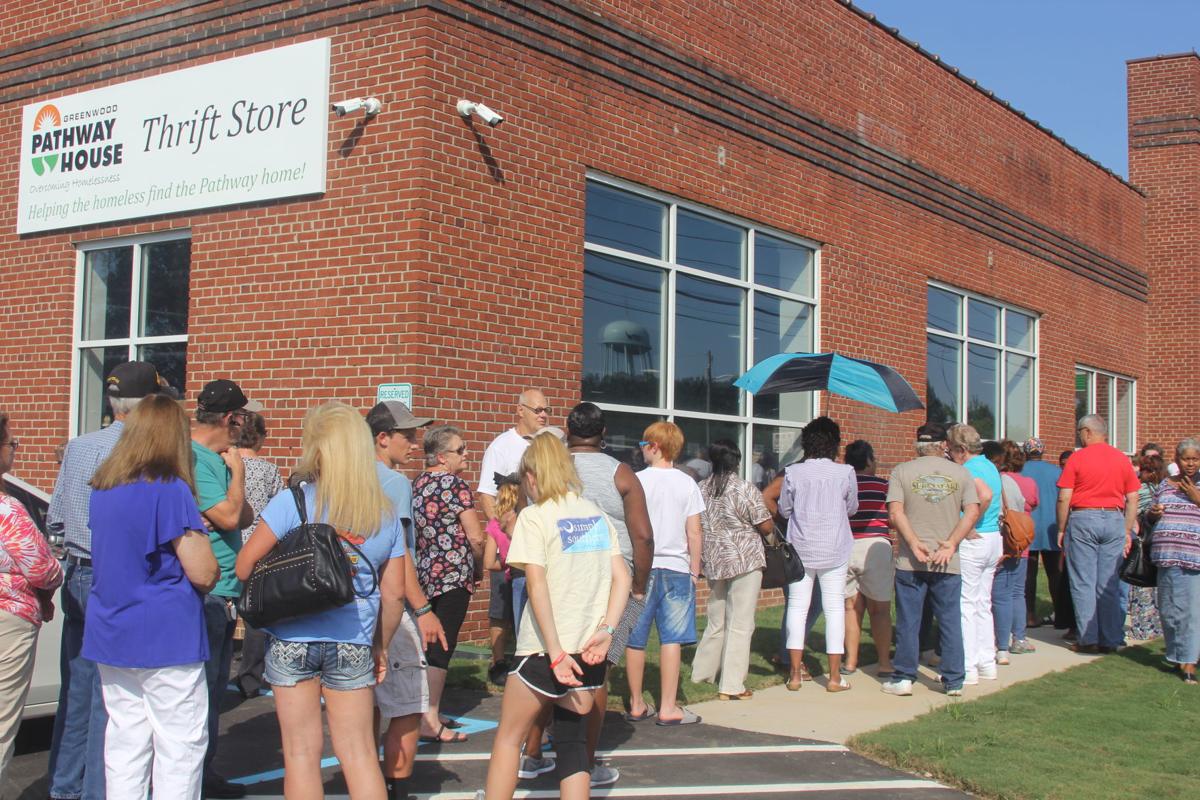
Pathway Thrift Store
In October of 2017, Pathway purchased and began renovating the former Davis Buick building to develop an additional income stream for the ministry. Pathway Thrift Store opened in August of 2019 and provides income to support the mission of Greenwood Pathway House and clothing for the clients.
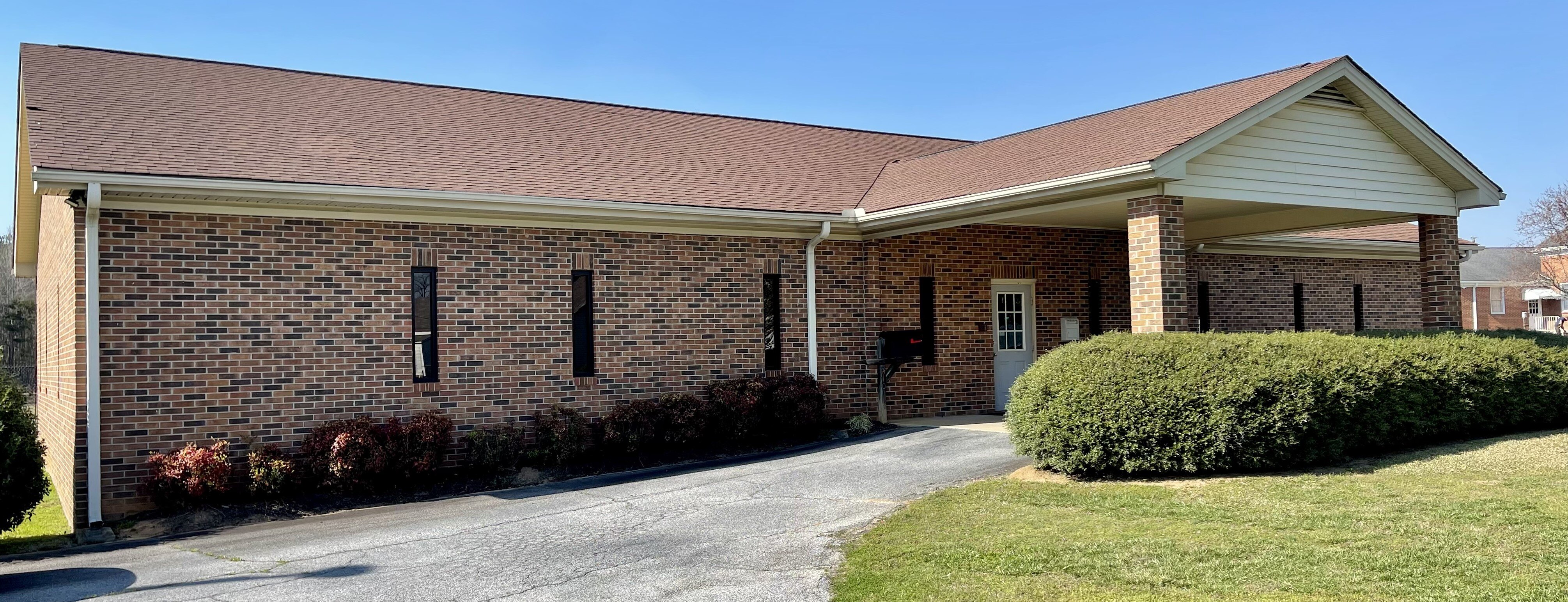
Ministry Office
In January of 2020, Pathway purchased the Lakelands Baptist Association property that adjoined the main campus. This building provided much needed office space, a meeting room, storage, and expanded the campus to 16 acres. Moving the administrative offices out of the men’s building also made it possible to create classrooms and counseling rooms for the clients.
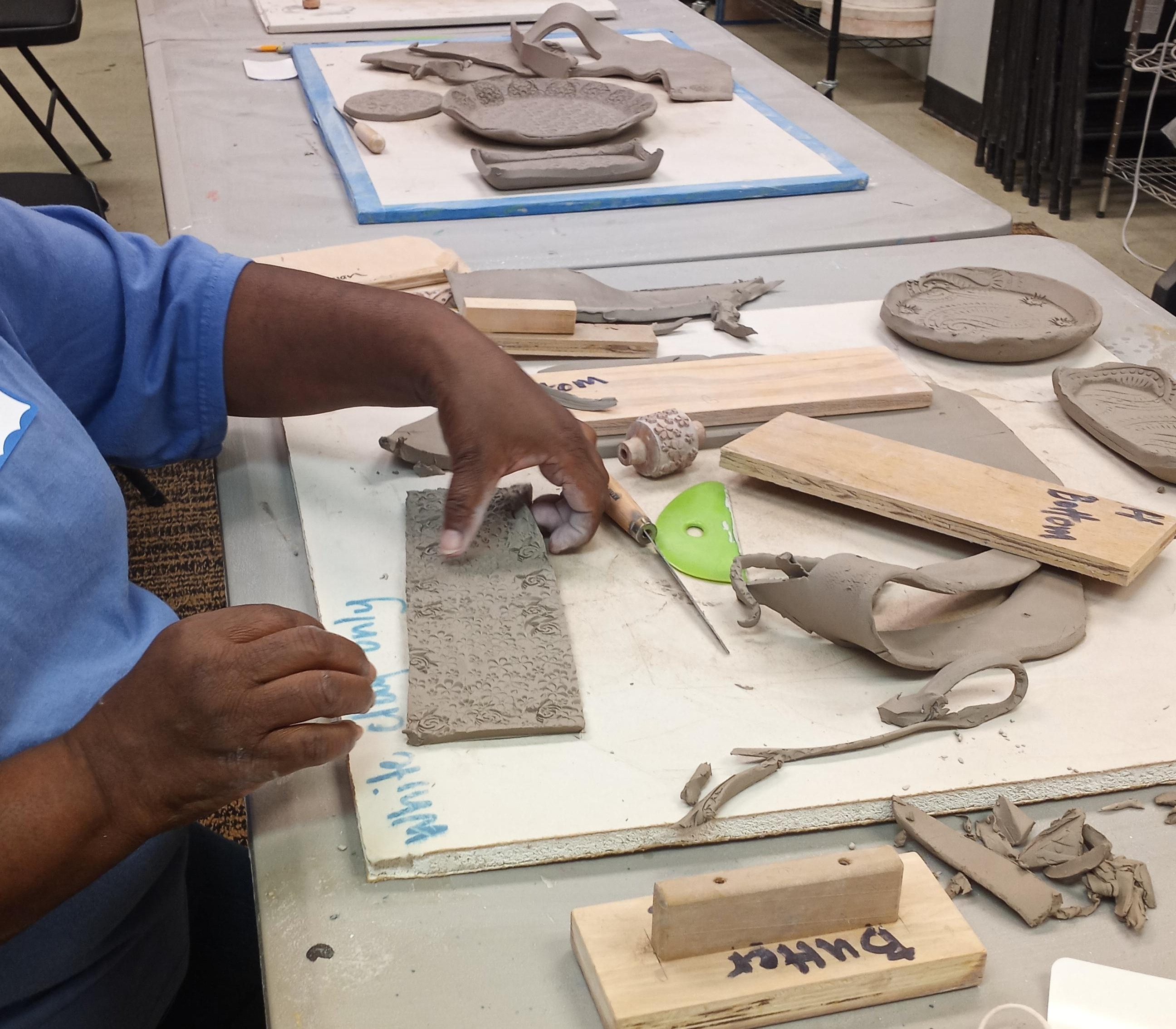
Ministry Metamorphosis
In September of 2020, the Board of Directors voted to start what could be loosely described as a ministry metamorphosis. We had discovered that the roots of homelessness are traceable to repeated trauma experienced in childhood or as younger adults. Pathway began to change its structure from a conventional homeless shelter to a more programmatic and trauma-specific homeless ministry.
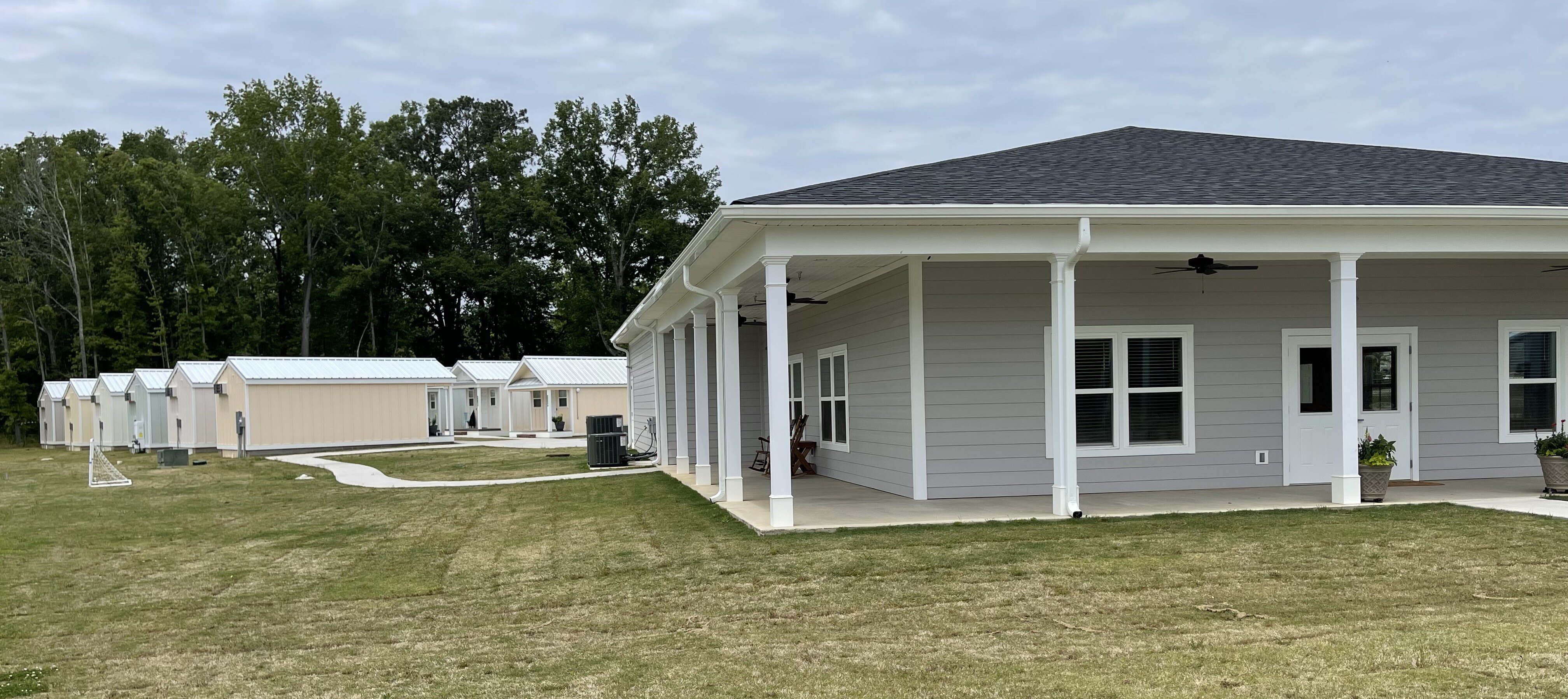
Pathway Village
In June of 2021, Pathway started an ambitious project that was designed and built to address systemic problems in how family homelessness is addressed. Pathway Village opened in February 2023 and uses a state park concept to provide cottages for single parents with children and a Hub Building for meals and activities. Pathway Village’s innovative approach was awarded the 2024 True Inspiration Award by Chick-fil-A.
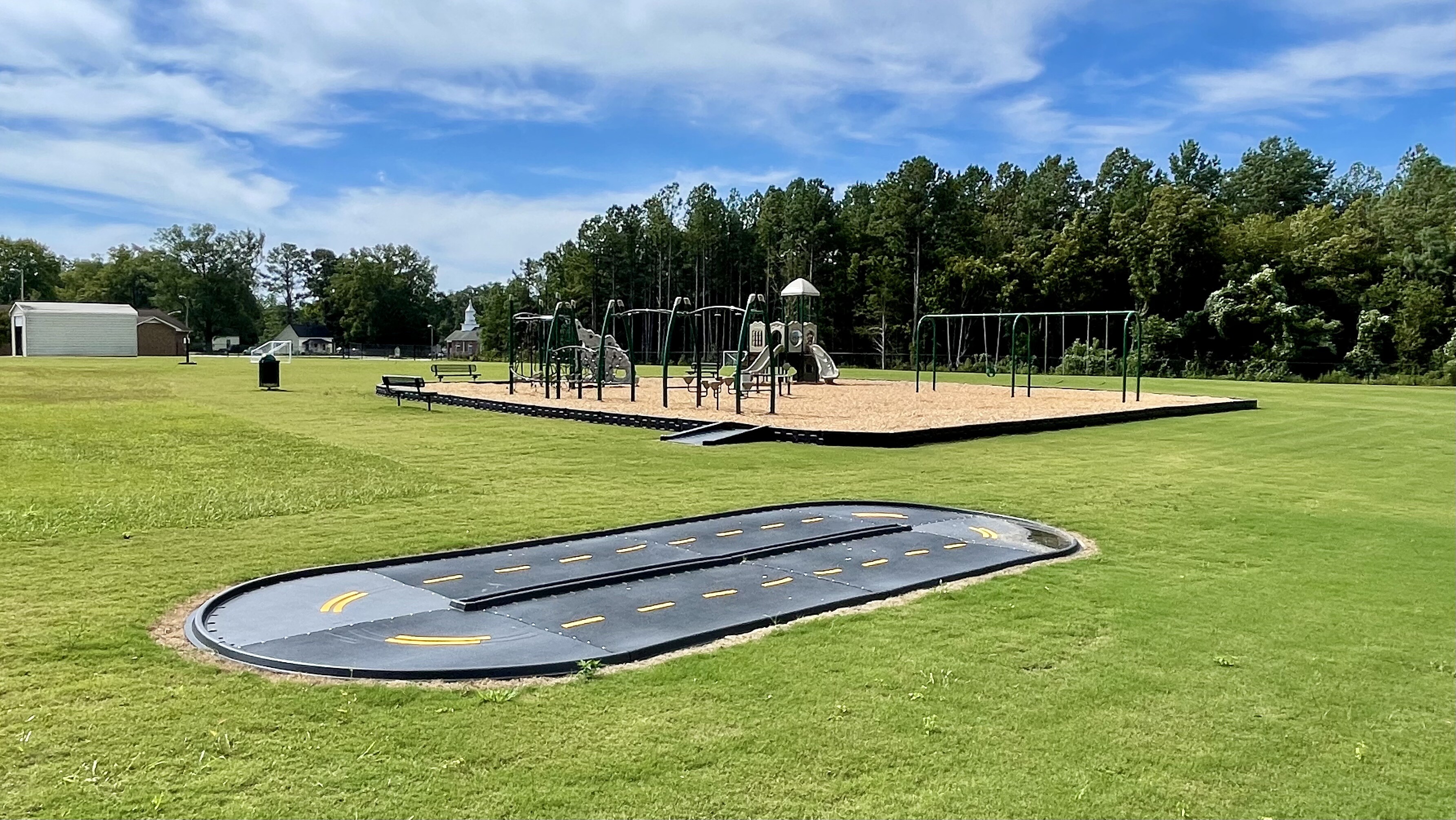
Pathway Recreation Area
In September of 2024, Pathway Recreation Area opened to meet the needs of the more than 80 children that stay in Pathway Village every year. The recreation area was designed and built to foster healthy child development and cultivate positive childhood experiences. The recreation area offers a ball field, soccer field, two different age appropriate playgrounds, and a scooter track.
